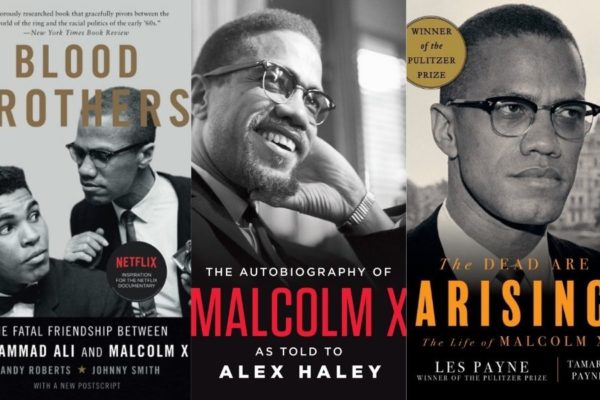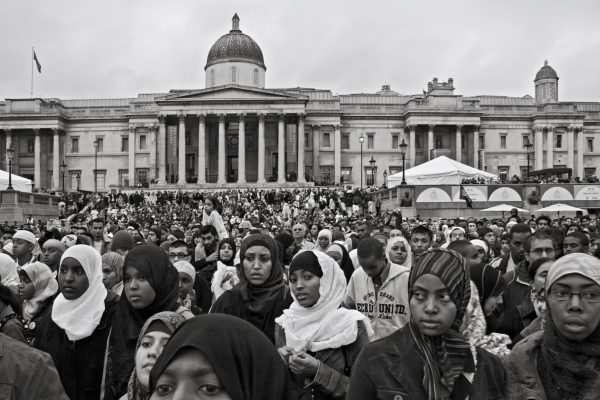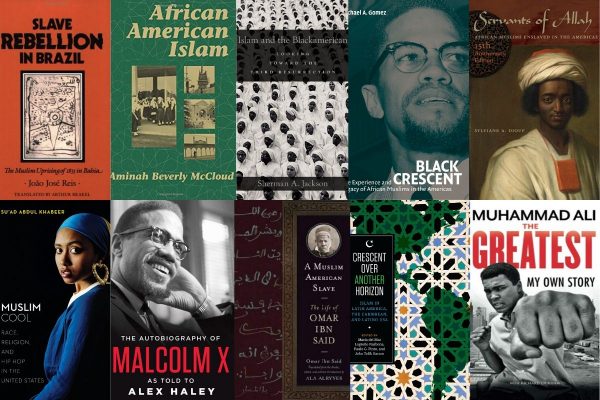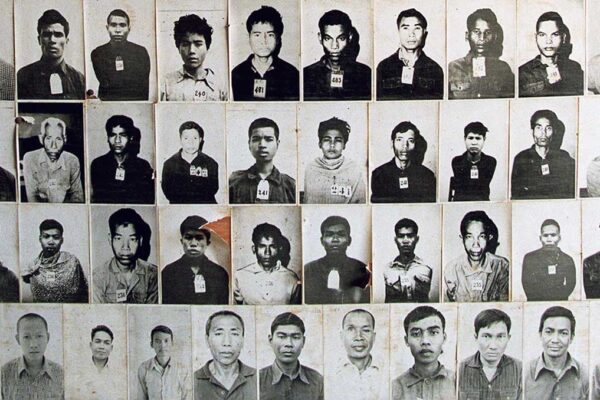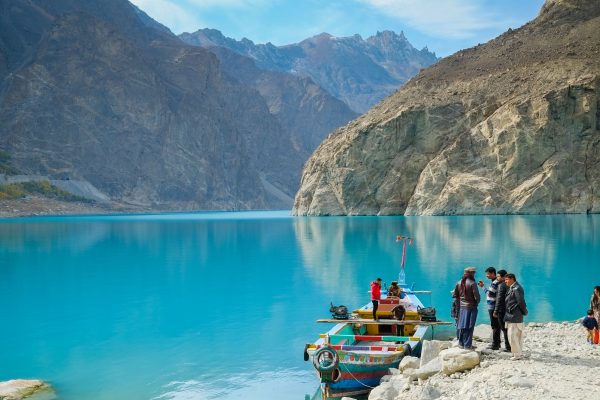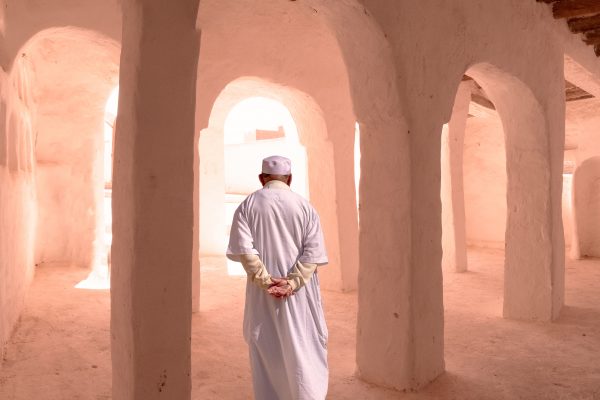The notion that we only incarcerate individuals who are dangerous is quite frankly, a shallow perspective on the prison industrial complex. It erases and silences the voices of those who are targeted and brutalized by the system.
The notion that we only incarcerate individuals who are dangerous is quite frankly, a shallow perspective on the prison industrial complex. It erases and silences the voices of those who are targeted and brutalized by the system.
Coronavirus has taken the world we know and flipped it on its head. As we spend time in our homes, we can’t help but feel a longing to return to a sense of normalcy that life previously provided many of us. However, this pandemic has done more than confine us to our homes, it has shed light on the numerous cracks in the systems that run our countries. From our education, to economics, to healthcare; we have been forced to take a hard look at the way society functions.
One of the largest systems that is being impacted is often the most forgotten. By design, prisons and jails serve to remove people we believe to have transgressed societal norms and place them out of sight, out of mind.
Governors across the United States have been releasing thousands of people around the country in order to decrease prison and jail populations to provide safe social distancing measures. These decisions have been met with backlash – how could we be releasing individuals who are “dangerous” back into society? As a Muslim woman who has been working in Corrections Education for two years now, this is a sentiment I am familiar with; how am I able to work with such scary and dangerous individuals? Do I not fear for my safety?
While these questions are rooted in safety and concern, it represents the ignorance we have regarding the Prison Industrial Complex. And more importantly, as Muslims, it represents our acceptance of western ideologies as being the “right” path. The notion that we only incarcerate individuals who are dangerous is quite frankly, a shallow perspective on the prison industrial complex. It erases and silences the voices of those who are targeted and brutalized by the system.
In the United States, there are currently 2.3 million people incarcerated. The United States carceral system disproportionately targets men of color, with African American and Hispanic males making up more than 60% of those who are incarcerated. For those who have not yet had the opportunity, I highly recommend the Netflix Documentary 13th to get a better understanding of why these numbers are so high in communities of color. Ava DuVernay’s documentary explores the 13th Amendment which claims to abolish slavery states: “Neither Slavery not involuntary servitude, except as a punishment for a crime.”
Reading between the lines, this gave an opportunity for law enforcement to re-instate slavery in the form of mass incarceration. It gave, and still gives, prisons the ability to profit off the individuals they incarcerate. Incarcerated individuals are paid as little as 42 cents an hour to complete work assigned to them by the institution. In the California wildfire season, incarcerated individuals were paid as little as $1 an hour fighting wildfires. In New York, they were making hand sanitizer, which they weren’t even allowed to use due to its alcohol content. As the saying goes, if it looks like a duck, swims like a duck, and quacks like a duck, then it probably is a duck – and this duck is called slavery.
Another major influence on mass incarceration was the so-called War on Drugs. It is estimated that 46.2% of all those who are presently incarcerated are locked up for non-violent drug crimes. That is almost HALF of the current prison population. That is over one million people who can face felony convictions, forever impacting their ability to get a job or rent an apartment. Over one million people who should have been presented with opportunity, not police. So why do we continue to criminalize health issues?
And it doesn’t stop there, in the United States, our schools serve as a pathway to prison, known as the school to prison pipeline. According to the ACLU, there are more police officers in the K-12 schools than there are mental health service professionals. But does that come as a surprise for a country that builds more jails and prisons than they do schools? This is where it hits close to home for me. As an education navigator, I see the direct results of our education system on a daily basis. I interact with students who have deep-rooted trauma associated with the classroom.
In my work, I have come into contact with hundreds of men who seek to change their lives, but the blocks are generally stacked against them. People with felony convictions on their records face a lot of challenges upon release. Have you ever applied for a job and been asked if you have been convicted of a felony in the last five years? Well imagine having to mark yes to that question after years of working to get your life back on track? Imagine the difficulty in providing for your family, or even finding a place to live with a felony on your record.
Even after serving their time, and fulfilling their so-called debt to society, we continue to punish individuals with these hurdles. Lack of access to housing and employment continue the cycle of poverty, which presents what researchers call the revolving door, with many individuals returning back to the system.
Mass incarceration and it impacts should be the top of the Muslim community’s concern. Muslims represent roughly 10% of the incarcerated population, while just being 1% of the general population. There have been numerous reports of religious discrimination experienced by incarcerated Muslims, denial of access to pray and Imams, and more.
It is necessary for us to approach our outlook on the prison industrial complex with a Islamic framework. Islam takes a different approach to its perspective on crime. Islam doesn’t teach us to ostracize and ignore the marginalized, it teaches us empathy, forgiveness, and compassion. Islam grants rights to the individual who has committed a crime, it requires that we treat them with human dignity, regardless of the crime. It asks us to analyze the reasons and the societal dysfunction that allowed the crime to occur. So why as Muslims, have we come to accept this system so prevalent in western society that punishes those who need us the most?
In one story of the Prophet Muhammed (PBUH) he gives those who are incarcerated under his rule the option to teach ten Muslims the ability to read or write, earning their freedom. These were individuals who tried to fight and kill the Prophet Muhammed (PBUH). As Muslims, we need to look at the structural changes that need to occur and how our communities can step up. The Holy Quran states in Surah 76, Ayah 8: “They feed the needy, the orphan, and the prisoner, out of love for him”.
As mentioned previously, I work in the education department. Like many educators, my role exceeds the classroom, and as the only visible Muslim staff member, I often hear the struggles of my fellow Muslims. With the knowledge we gain about the oppressions of the prison system, we can encourage our local masjids to reach out to nearby facilities and connect with the incarcerated population.
The Prison Industrial Complex is complicated, with many intersecting structures of oppression. I implore that you take the opportunity to gain more knowledge about this subject, as it is more than I can cover in a single article. If you’re interested there are some resources available to gain more knowledge about mass incarceration and its impacts:
Organizations:
- Believers Bail Out, (Check out their Ramadan series on youtube!)
- Second Chance Books
- Tayba Foundation
Books:
- Just Mercy: A story of redemption by Bryan Stevenson
- College in Prison: Reading in an age of mass incarceration
- Are Prisons Obsolete? by Angela Davis
- Understanding Mass Incarceration: A peoples guide to key civil rights struggle of our time by James Kilgore
- The New Jim Crow: Mass Incarceration in the Age of Colorblindness by Michelle Alexander
Websites:
Videos/Media:
- TedTalk: Victor Rios: Help for Kids the education System ignores
- TedTalk: Nadia Lopez: Why open a school? To close a prison
- TedTalk: Bryan Stevenson: We need to talk about an injustice
- TedTalk: Alice Goffman: How we’re priming some kids for college – and others for prison
- Documentary: 13th [Director Ava DuVernay]
As Muslims, it is incumbent upon us to stand for justice. As the Prophet Muhammed (PBUH) stated, “Feed the Hungry, Visit the Sick, and Free the Prisoner”. Use the knowledge you gain, and begin the work.





